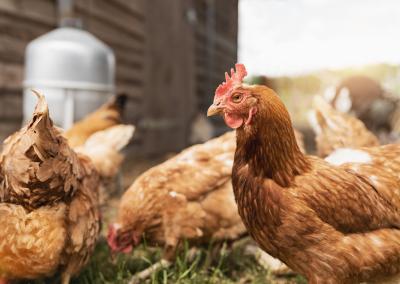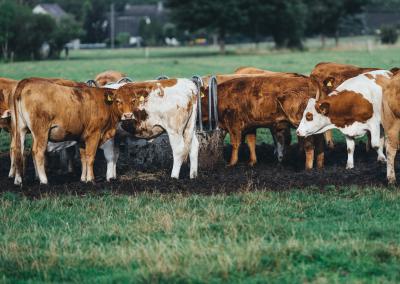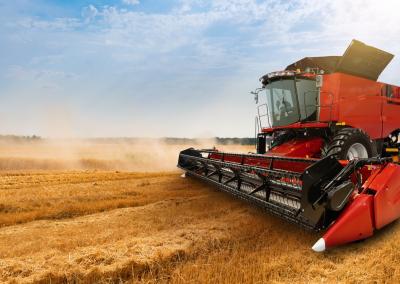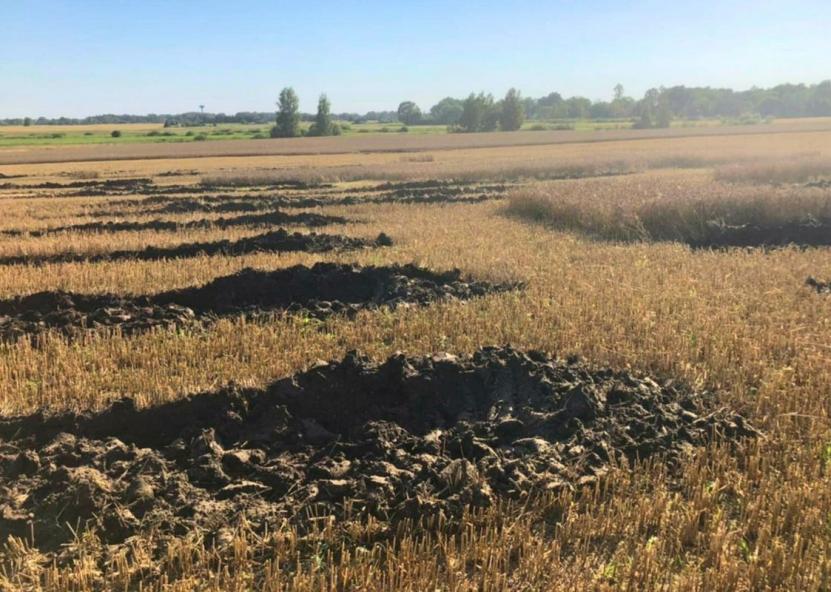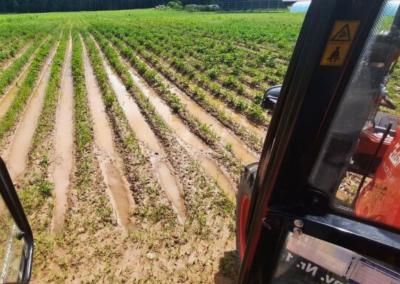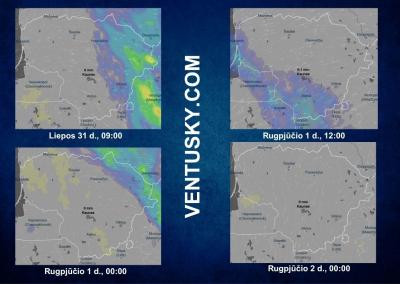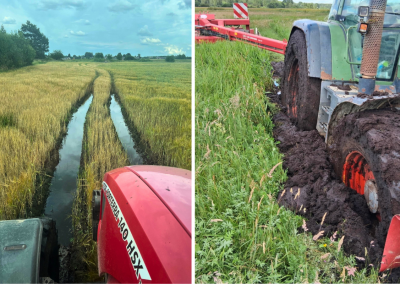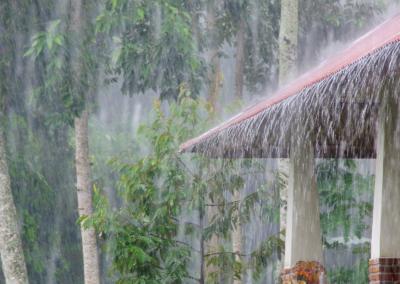Will the prolonged rainy period lead to a national emergency?
Six municipalities (Akmenės, Anykščiai, Kaišiadorys, Kėdainiai, Rokiškis and Šilutė) have already declared a state of emergency due to a severe meteorological phenomenon - a prolonged period of heavy rainfall that has caused the death of agricultural crops. More municipalities may follow suit. But most importantly – can farmers expect a declaration of emergency at national level and when?
Procedure for declaring an emergency
„A state-level emergency is declared in accordance with the provisions of Article 32 of the Law on Crisis Management and Civil Protection, i.e. When the consequences of an emergency event meet the criteria of an emergency event established by the Government in two or more municipalities, or when the declared municipal emergency lasts for more than one year, or when the material resources needed to deal with its consequences are provided by other municipalities or civil protection forces from other municipalities“The Public Relations and Cooperation Division of the Ministry of Agriculture (MAA) provides a precise answer on the procedures for declaring a national emergency due to natural meteorological phenomena.
In addition, a state-level emergency is declared by the Government. This decision may cover either the whole or part of the territory of Lithuania.
Fields drowning, grain sprouting in ears
„Harvesting is now intensive. It is therefore difficult to assess the situation accurately at the moment. But the images on social networks, in public space and farmers' feedback indicate a difficult situation," says Audrius Vanagas, head of the Lithuanian Grain Growers Association (LGAA).
To begin with, access to the fields is difficult, with harvesters and trailers getting stuck. And what's more, it still rains almost every day.
„In Samogitia, some farms have not even started harvesting yet“, – sadly states A. Vanagas, and continues that although there is no talk of not accepting oilseed rape, in some places it has sprouted in cramped conditions. Wheat, especially where it is crowded, has also sprouted, and in places where there is more moisture or where there are puddles, it has sprouted heavily.
„Strong Class 2 wheat is travelling from southern Lithuania. In Samogitia, who has started to cultivate wheat, either class 3 or fodder wheat predominates. Some lack protein, some lack gluten. The situations are different," notes the LGAA manager.
For its part, the MAFF reports that on 31 July it wrote to the municipalities asking them to provide information on whether agricultural operators are applying for compensation for damage suffered during the long rainy period and whether they plan to declare a municipal emergency in part or all of the municipality as a result of this natural meteorological phenomenon.
„Initial data from several municipalities indicate that the main victims were crops and plants. Due to high water levels, part of the crops are dead and the quality of the rest is deteriorating“, – said the MAE, adding that the data will be updated by 8 August.
National Crisis Management Centre to decide
The MAF is aware that the municipalities of Rokiškis and Anykščiai have declared a municipal emergency due to a natural meteorological phenomenon – a long period of rain. This allowed the Ministry to apply to the National Crisis Management Centre for a proposal to declare a state-level emergency on the whole territory of the country due to the natural meteorological phenomenon – long rainy period during the period of active vegetation.
„ Please note that the decision on declaring a state-level emergency is taken by the Government of the Republic of Lithuania on the proposal of the National Crisis Management Centre“, – clarified by the Public Relations and Cooperation Division of the Ministry of Agriculture.
A. Vanagas argues that such a decision would greatly help farmers in meeting their obligations to the National Paying Agency (NPA).
„Let's imagine that a farmer plans to grow food wheat and is now growing feed wheat. The price difference is significant. The loss is even greater when a wet crop is threshed. In addition, collapsed fields can make it difficult to meet contractual yield commitments," says the LGAA manager, adding that some farms may simply run out of working capital, especially where the rainfall is almost three times higher than normal in July or throughout the year.
It is to be hoped that the Government will not delay in taking responsible decisions.

